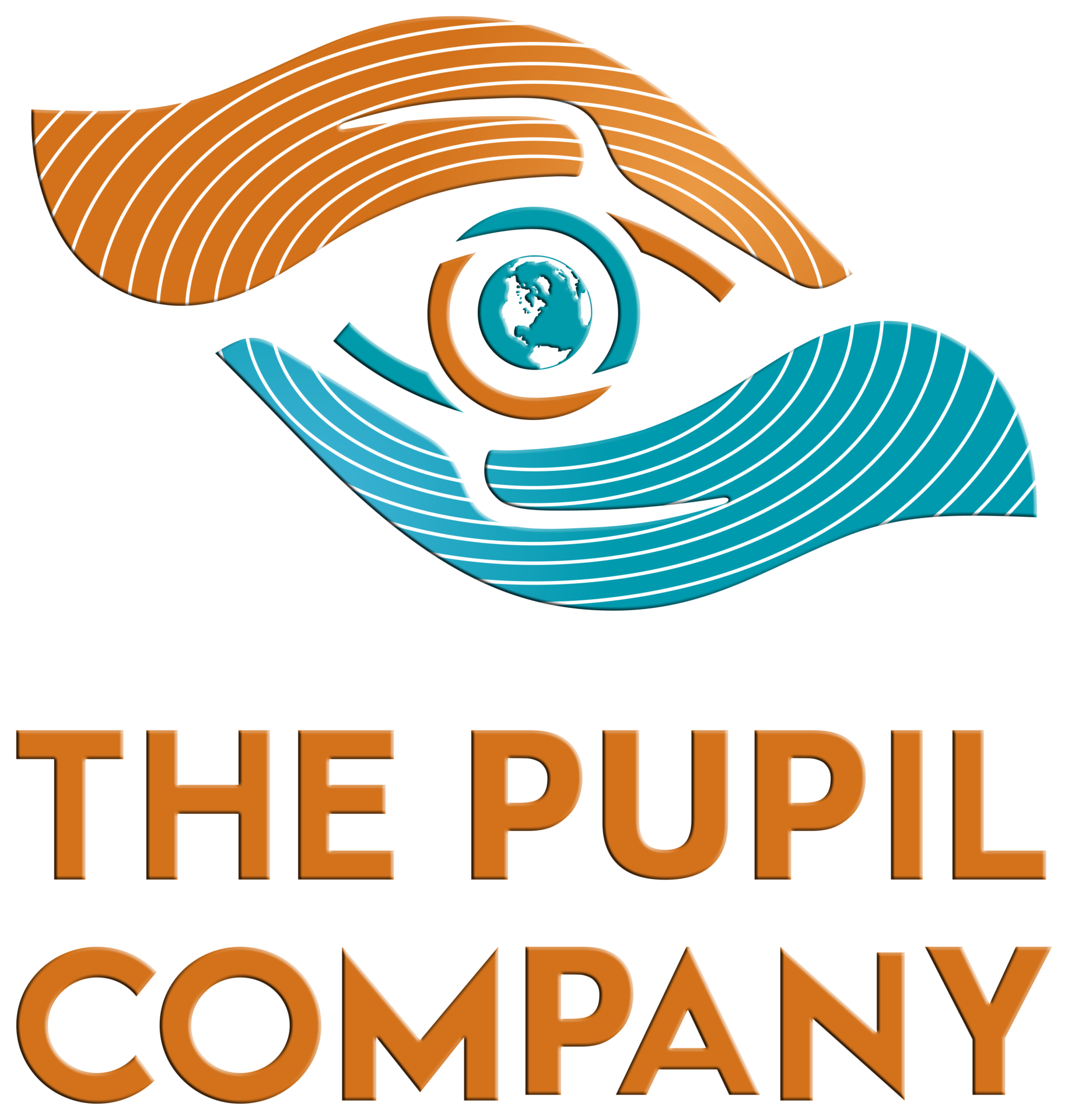At a job, not too long ago, I was tasked with leading a team to translate documents from English to Spanish and conducting interviews in Spanish with prospective clients.
As part of the onboarding for the project the team would have to complete language testing to ensure that we were able to complete the work accurately. Two team members received a certification in fluency, Sonia and Adam.
A few weeks later Sonia was assigned a client interview that Adam and I would sit in on, purely for support. The interview began well enough until there was a question about the details of the project. Sonia flushed and searched for words to re-explain some key details and then repeated what she had already expressed.
The client was still confused.
Sonia was frustrated and looked over for help.
Adam was able to clear up the confusion quickly and we proceeded to complete the interview.
Sonia and Adam both tested at the same level in Spanish- what was the difference?
Well, Sonia earned a minor in Spanish at University, Adam learned Spanish because he moved to South America for two years.
While she worked hard to study in a dorm room, Adam lived through thousands of conversations in day to day life. Of course he was more equipped to navigate a conversation.
In education it’s important to understand Hegel’s dialectic; thesis, antithesis, synthesis. It describes the process for someone to truly “know” something enough to functionally utilize the material. The process works as follows:
Thesis: A new piece of information is understood.
Antithesis: The learner considers how the new piece of information is untrue; alternatively stated, the learner tests the bounds of the new piece of information.
Synthesis: The new piece of information is qualified and absorbed into the learner’s worldview. At this stage the learner can confidently wield the new information having already done the work of testing it.
Let’s think through this process with a real world example.
A person may say that violence is bad- the thesis.
If they dogmatically stick to this proposition there is a danger that may refuse to act when violence may be necessary. Say, for instance, when a loved one is being attacked.
Instead, they can think for a moment about when the thesis is wrong.
Is violence wrong when someone is attacking you?
Is violence wrong when someone is attacking a loved one?
Now that these circumstances have been considered the learner can confidently wield a fleshed out position into the real world.
So, how does this relate to Spanish in the workplace?
Spanish learned from a book usually does not have the necessary testing in the real world. It is an impressive feat to commit verb conjugation, sentence structure, and vocabulary to memory but if the bounds of the “correct” form of language usage isn’t tested in normal conversation then the learner will fall apart when it counts.
It’s not always possible when learning a language or studying a process or picking up a new skill to properly test the information enough to synthesize it. At least, not always possible in day to day life.
But…
Modern e-learning provides a pathway to create an environment where information can be properly tested.
Person to person interactions can be formulated to mirror real life interactions.
Multi-faceted scenarios can be constructed can reflect the, at times, chaotic nature of reality.
